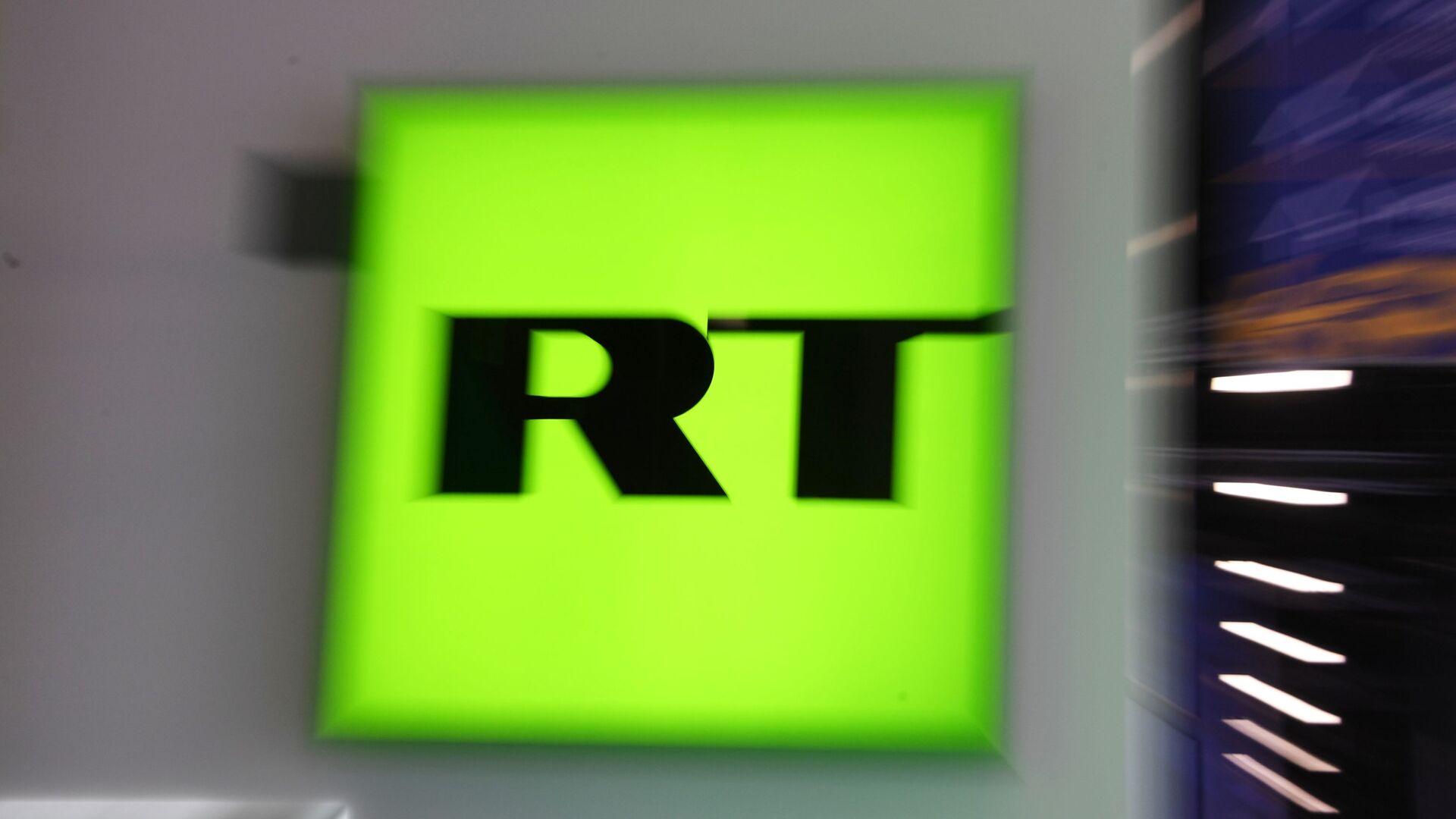Norwegian Professor Glenn Diesen of the University of South Eastern Norway has suffered media attacks over his collaboration with the Russian news channel RT, where he contributes as a guest collaborator and has written over a dozen articles over the past nine months.
Norway's TV2 ran what appears to be a hit piece on Diesen's cooperation with RT, accusing him of assisting what it called a “Russian propaganda platform” and calling his tenure at the University of South Eastern Norway problematic.
“An academic who participates on RT as often as his CV indicates, has lost his credibility. He must be regarded as part of the Russian propaganda machinery and has thereby lost his scientific relevance in a democracy”, Swedish journalist and editor Patrik Oksanen, associated with the Stockholm-based think tank Free World, told TV2.
“There is freedom of expression in Norway and people can think what they want. But this is a sauce of erroneous allegations that is very close to the main lines of what we associate with Russian propaganda”, adviser to the Norwegian Helsinki Committee Aage Borchgrevink told TV2.
Some of the Norwegian channel's invited experts went so far to question Diesen's tenure as professor.
“Has Diesen himself and the academic environment he belongs to thought about the situation and are they comfortable with one of their professors acting as a propagandist?” Sven Holtsmark, a professor at the Institute of Defence Studies, said, calling Diesen's collaboration “problematic”, “unjustifiable”, and “conspiratorial”.
Addressing the criticism, Diesen himself called the Western media's coverage of Russia detached from reality, underscored the role of censorship, and emphasised that attacks on who he called Norway's “foreign policy dissidents” are a threat to democracy.
“Rejecting counter-arguments as Russian propaganda is a form of censorship that demonises the other party and polarises the debate”, he told TV2.
Diesen underscored that he writes for RT when he has “the time and interest”. He also argued that the criticism is only an attempt to gag him, going on to demand concrete examples of his articles containing factual errors.
“We are in an information war. All the blame for the bad relationship is placed on Russia, and if one ever criticises this, one is easily accused of spreading Russian propaganda”, Diesen responded.
“I also write for American, Australian, Danish, German and Norwegian media – but of course only my participation in the Russian media is problematic”, Diesen wrote in a subsequent piece on Steigan. “Information wars are detrimental to open societies as they create a dilemma between democratic debate and the need to mobilise opinions against hostile powers”, Diesen mused, warning that the information war against Russia damages academic freedom in particular.
“The main problem in European security after the Cold War is that the attempt to build a Europe without Europe's largest country results in clashing security interests between the West and Russia”, Diesen concluded.
In addition to being a professor at the University of South Eastern Norway, Glenn Diesen is also a professor at the Higher School of Economics in Moscow, and an Adjunct Research Fellow at Western Sydney University. Diesen’s research focus includes Russian foreign policy, and the geoeconomics of European and Eurasian integration. Diesen is also the author of several books: “EU and NATO Relations with Russia: After the Collapse of the Soviet Union”, “Russia’s Geoeconomic Strategy for a Greater Eurasia”, “The Decay of Western Civilisation and Resurgence of Russia: Between Gemeinschaft and Gesellschaft”, “Russia in a Changing World”, “Russian Conservatism: Managing Change under Permanent Revolution” and “Great Power Politics in the Fourth Industrial Revolution: The Geoeconomics of Technological Sovereignty”.




